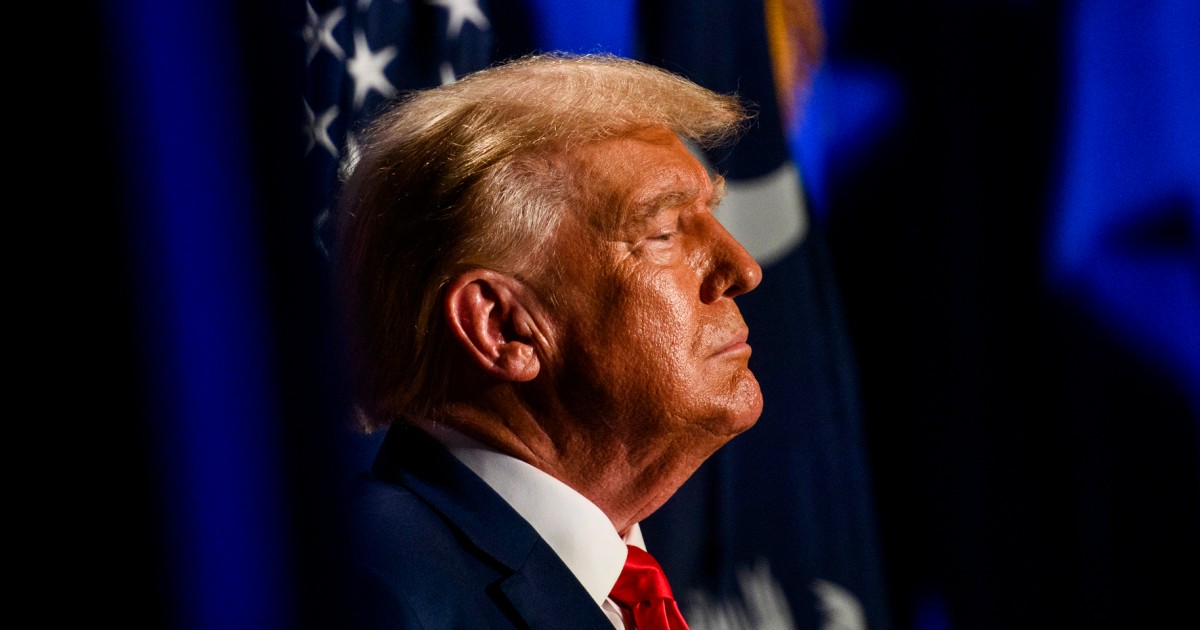#Striking Showrunners Gather to Discuss Studio Demands: “We Can’t Be at War One Day and Their Partners the Next”

Showrunners packed the WGA Theater on Saturday in Beverly Hills during an hours-long guild meeting designed to update the TV industry’s senior writer-producers on the state of the WGA’s strike against the Alliance of Motion Picture and Television Producers.
The meeting came after the first week of the strike and as studios including Disney, Warner Bros. Discovery and Paramount, among others, sent letters last week demanding that showrunners continue non-writing producing duties, in some cases in ways that could potentially cross the picket line. Disney’s letter, for example, told showrunners that in this capacity they “may… be required” to perform so-called “(a) through (h) services,” the performance of which is banned by the WGA’s strike rules.
“Everyone is so aligned and united [across the board],” said one longtime showrunner attending the meeting who noted during the WGA strike of 2007-08, the question of returning to work as a producer generated a lot of conflict and arguments among guild members. “It’s very different from ’07.”
WGA negotiating committee co-chair Chris Keyser again took center stage Saturday, reiterating remarks from Wednesday’s rally that outlined how talks with the AMPTP broke down before turning to a larger discussion about why showrunners should not be performing non-writing producing services or promoting their shows during the strike.
“It’s as simple as we are at war with the studios,” one showrunner relayed of Keyser’s remarks. “We can’t be at war one day and be their partners the next. If we’re going to a For Your Consideration [Emmy] event, we’re being their partners. It’s kind of impossible to separate your producer brain from your writer brain. Everything really is writing, especially when you’re a showrunner.”
Ann Farriday, the WGA’s senior director of member organizing, sent an invite email to showrunners Friday calling for them to meet with guild leadership Saturday to discuss “where we are, how we got here, and where we go from here.” Sources described the scene as a packed house and “bigger than anything” similar from WGA’s last strike that lasted 100 days in 2007-08. According to the venue’s website, its seating capacity is slightly under 500 with those in attendance describing the turnout as at capacity if not beyond.
Those in attendance Saturday included Damon Lindelof (Peacock’s Mrs. Davis), David E. Kelley (ABC’s Big Sky, Max’s Love & Death, Netflix’s The Lincoln Lawyer), Bill Lawrence (Apple’s Ted Lasso, Shrinking), Alex Kurtzman (the Star Trek franchise at Paramount+) and Shawn Ryan (Netflix’s The Night Agent). Over breakfast burritos, several senior writers in attendance say they were encouraged by guild officials to share differing opinions on non-writing work.
“The fact that dissent was encouraged by Keyser and David Goodman [WGA negotiating committee co-chair] was a big shift,” said one of the attendees. “As someone who was one of the dissenters [during the guild’s battle with agencies over packaging fees], that wasn’t encouraged during the ATA campaign. It’s a different world without David Young in charge.”
Ryan, a five-time member of the WGA’s negotiating committee who is sitting this round out, spoke from the audience about why in 2007 he changed his mind and opted against performing producing services for the studios. He described the situation as a “never-ending series of ethical dilemmas that could never be resolved before stating that it was cleaner to step away from producing,” according to one member in attendance.
During the meeting, showrunners brought up the divergent guidance they were getting from reps and employers when it came to their producing duties. “Everybody has different representation and they’re working for different studios that are being different levels of hardcore about it. It’s hard when you get a ‘scary letter,’ which is what they were calling them,” said one attendee. The WGA was encouraging showrunners to reach out to address their personal situations not in the meeting’s group setting, but one on one.
On Friday the guild responded to reports on the studio letters by blasting Disney’s in particular. “The Rules prohibit hyphenates (members who are employed in dual capacities) from performing any writing services, including the ‘(a) through (h)’ functions,” the union stated of its strike rules, which puts showrunners and writer-producers in a quandary as they navigate the divergent demands of employer and union.
“(A) through (h) came up a lot,” says the same meeting attendee, a veteran showrunner who admitted he didn’t know what those duties included, as he had only heard about them recently. “They reminded us we couldn’t do [those duties]. The problem is it’s very hard to define where writing ends and another thing begins.”
Other WGA leaders onstage included Ellen Stutzman, the WGA’s lead negotiator who stepped into the role after western branch of the union’s executive director, David Young, went on medical leave in late February, negotiating committee co-chair David Goodman, union secretary-treasurer Betsy Thomas and president Meredith Stiehm. Stutzman reiterated her Wednesday comments about the WGA receiving support from other unions, singling out the Teamsters on Saturday. Stutzman noted that this strike is different from 2007-08 because several of the core issues are specific to writers, making it unlikely that the WGA would accept the same deal offered to the Directors Guild of America. During the last strike, the DGA struck a deal before the writers that provided a template for the WGA’s final compromise with studios.
“What Ellen didn’t say was don’t expect a repeat of 2007 where the DGA comes in and makes a deal and we take their deal — because even if they negotiate the best deal in the world, that deal wouldn’t address the problems of mini-rooms, span protection and writers working at minimum,” another observer said.
The WGA strike began May 2 after the WGA and AMPTP could not reach a deal and the guild’s current Minimum Basic Agreement expired. During rallies Wednesday in L.A. and New York, the WGA outlined solidarity with other guilds — including with the Directors Guild of America and SAG-AFTRA, whose own contracts with the studios expire June 30. Members of various guilds joined writers on the picket lines this week in a show of solidarity and support in the battle with the AMPTP over central issues including higher wage floors, data transparency from streamers, and the regulation of mini-rooms and the use of artificial intelligence. Negotiations between the DGA and the AMPTP begin next week.
Summed up another veteran showrunner: “Every question [Saturday] was about, how can I best further the cause? Everyone is doing the right things.”
If you liked the article, do not forget to share it with your friends. Follow us on Google News too, click on the star and choose us from your favorites.
For forums sites go to Forum.BuradaBiliyorum.Com
If you want to read more Like this articles, you can visit our Social Media category.




